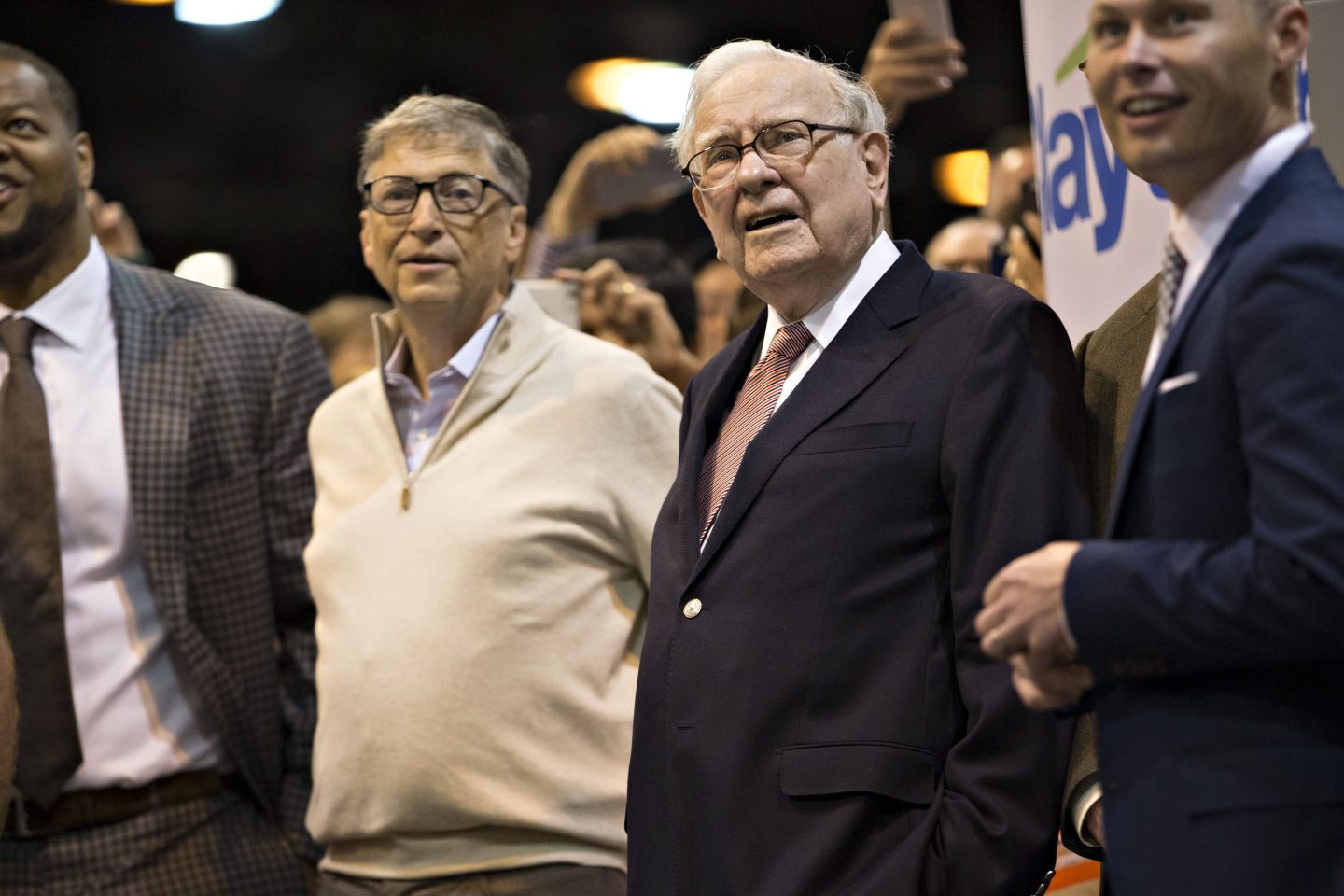When you board a plane with an almost-2-year-old in tow, you know that every other passenger is eyeing you warily with one thought: “Please don’t let her be my seatmate.”
As a frequent business flier, I understand what my fellow travelers are hoping for: a chance to catch up on reading, watch a movie, or take a nap. So on a recent flight with my toddler, I came prepared with a backpack of tools to keep my son quiet: books, sippy cups, animal crackers, toy cars, and — the pièce de résistance — a portable DVD player.
The DVD player was the magic charm. For over an hour my son sat silently watching Disney’s Cars. Then the flight attendant passed by and heard the faint sounds of the movie’s dialogue, and — unprompted by any fellow passengers — demanded that we either use headphones or shut off the player. (Clearly she’s never tried to get a 20-month-old to wear headphones.) I protested. She insisted, citing company rules. I shut off the DVD player. My fellow passengers paid the price, suffering through the meltdown that ensued when Lightning McQueen’s big race went black. This rule — which may make sense in certain situations — did not make sense in this one. Trust me, every passenger in earshot would have voted to hear Cars over the sounds of a crying toddler … or the sounds of a desperate mother singing “The Itsy Bitsy Spider” 83 times in a row to quiet him.
From an investor’s perspective, the airlines seem to finally have gotten their act together. They’re making money, and as a result the airline stocks are flying high. But so is passenger discontent. Passenger complaints to the U.S. Department of Transportation soared almost 22% in 2012 from the year before, and jumped another 17% in the first quarter of this year. It’s an unsustainable dichotomy.
Some of the agita caused by the airlines these days comes in a form that the business side of me, at least, understands. Things like baggage fees: If you want to bring more stuff, you have to pay more. It’s frustrating for passengers, but at least there is some logic behind it. And the hated baggage fees have added a massive cushion to the airlines’ bottom line — a record $3.5 billion for the industry last year, which helped propel it back to profitability in 2012.
But flying has gotten to be a much more unpleasant experience in recent years, partly because airline employees also seem to have shorter fuses these days. I can’t say I blame them, given the tumult that the airline industry has gone through over the past decade. Consolidation has improved the airlines’ operations from a financial perspective, but employees have often been on the losing side of that equation. And my guess is that airline workers, like employees everywhere, are being asked to do more for less. It can be a dangerous combination in a service industry.
And then there are the multitude of small, poke-in-the-eye insults from the airlines that seem to exist merely for the sake of inconveniencing the most harried passengers. Take United Airlines’ decision earlier this year to no longer allow passengers with small children to board early. The airlines might defend such policies by saying they are catering to frequent business fliers (their most profitable and sought-after clients), who don’t think families traveling with small children deserve any additional considerations. But I’m writing this column from the first-class cabin of a commercial plane, the third I’ve been on in the past 24 hours. And there are many other frequent-flying parents out there who are just as irritated by the industry’s slights as I am.
My message to the airlines: Cost cutting and improving operations are laudable in any industry. But when it is done without regard to the customer experience, it can add up to short-term gain but long-term pain. And if you’re an airline executive, I have one question for you: When’s the last time you tried flying on your airline incognito, with your family? Give it a try sometime, and you may just realize the friendly skies aren’t always so friendly anymore.
Becky Quick is an anchor on CNBC’s Squawk Box.
This story is from the July 22, 2013 issue of Fortune.












